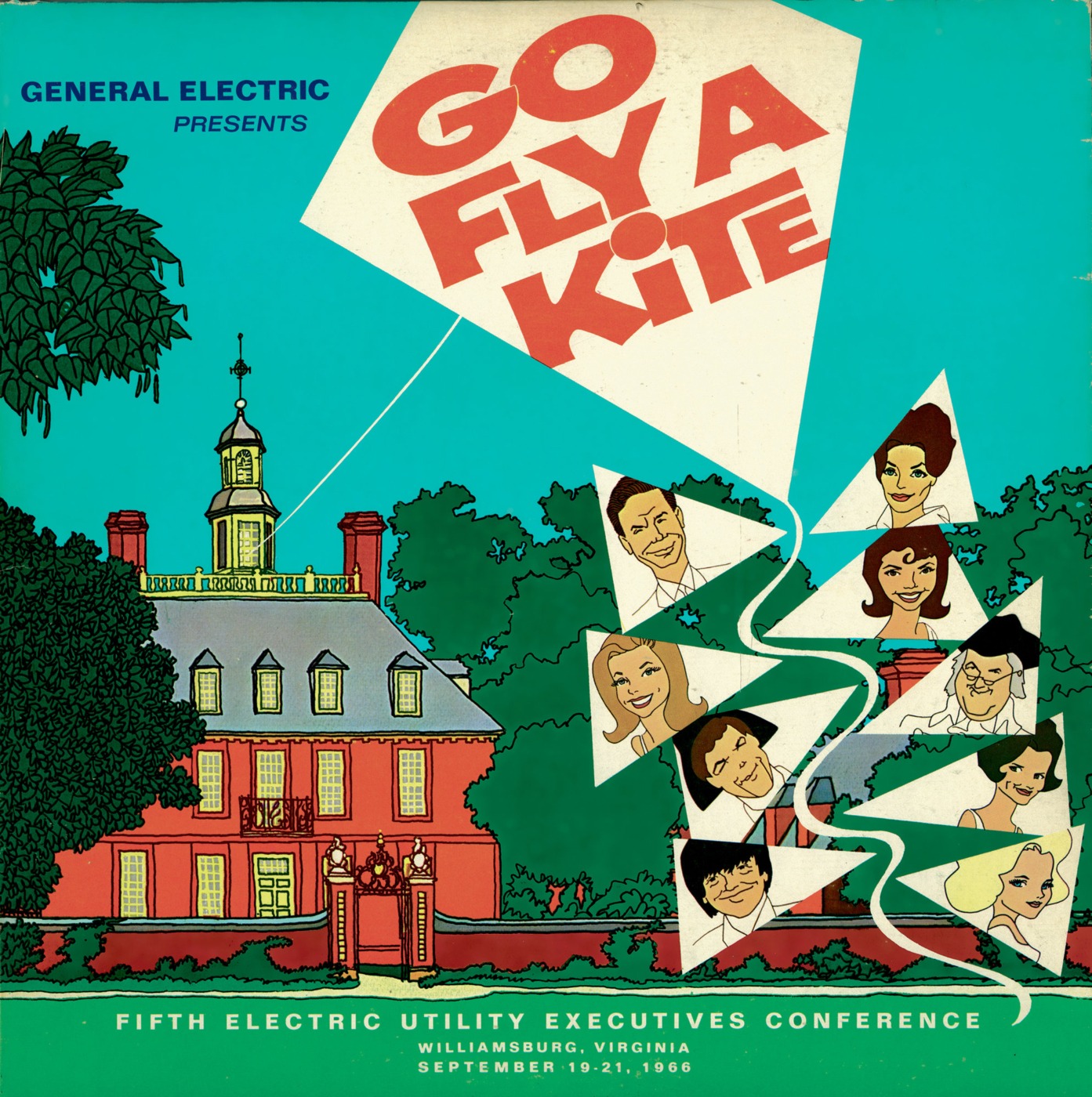The weird history of industrial musicals
I don’t know about you, but I love a good musical. I’m looking forward to returning to the theatre and seeing many a show and classic song on stage. Some of the tunes we certainly won’t see, however, include ‘My Bathroom is a Private Kind of Place’, ‘Golden Harvest’, ‘My Insurance Man’ and ‘I Never Enjoyed My Operation More’. If you don’t know them, you’re not alone – these are songs from industrial musicals, an interesting part of theatrical and corporate history that spoke to a certain era in America. So let’s dig it and find out how you write a showtune about toilets or tractors.
The industrial musical was a musical performed for the employees or shareholders of a certain business, intended to boost morale as well as training or imparting key company messages. They were generally performed at a corporate function like a trade show, and not intended to ever be seen by the general public – outside of these shows, our only knowledge comes from the composers of the works and owners of novelty albums distributed at the events.
The industrial musical was a musical performed for the employees or shareholders of a certain business, intended to boost morale as well as training or imparting key company messages
You may be wondering how there could possibly be an audience for such a thing – let’s take a trip back to America of the 1950s. In the post-war period, the economy was surging and the musical theatre experience was seeing a boom. Productions like West Side Story and Guys and Dolls achieved mass popularity – corporate America noticed this and imagined that shows tailor-made for their companies and audience would have similar appeal (and help liven up what could be quite boring industry events).
Much though this sounds like a niche thing, industrial musicals were big business back in the day. Big names were involved, including songwriters like Sheldon Harnick and Jerry Bock (who did Fiddler on the Roof) and performers including Florence Henderson and Susan Stroman, but they also attracted up-and-comers after a bit of extra money. And the money available could be considerable. My Fair Lady was produced in 1956 on a budget of $446,000 – that same year, a one-shot industrial musical was commissioned by Chevrolet at a cost of $3 million.
What was the actual content of these musicals? They were typical Broadway shows, but just themed around whatever the product was. That’s how we get shows like The Bathrooms Are Coming!, The Sound of Selling, You Belong in a Dodge, The Chevrolet Experience and the rather uninventively-titled B.E. Goodrich 1966 Sales Meeting. And the shows are equally weird – they’ve got very catchy music, but the lyrics are something else. In ‘Golden Harvest’, we hear: “Gonna be a golden harvest in 1959/Gonna be a lot more buyers to sign the dotted line/With the new Ford tractors, the future’s looking fine!” Or there’s the song ‘The Lesson’ from a musical about selling – the opening line, I kid you not, is “how to sell an air conditioner, that’s a lesson for today”, and it gets more surreal from there as this company browbeats a poor housewife (they’re definitely products of their time). If it sounds ridiculous, you may not have been on your own – apparently the shows were also intended as a pressure valve for members of the company.
What was the actual content of these musicals? They were typical Broadway shows, but just themed around whatever the product was
If these shows were so popular, the big question is, of course, is what happened to them. They were a lot of trouble to stage each year, and so celebrity appearances became the preferred corporate attraction. Really, they were a casualty to a changing media sphere, with the availability of low-cost video and multimedia technology, and the changing in work attitudes – whereas a worker may have typically spent their lives with one company in the 1950s, employees and management were less inclined to think this way by the 1980s.
It’s truly a fascinating thing to look into, and a TV comedy writer called Steve Young has been a leading voice in showcasing this work to the world. Young collected these records and did a segment talking about them on David Letterman, and he wrote a book about the genre entitled Everything’s Coming Up Profits with Mike Murphy. In 2018, we saw the release of Bathtubs Over Broadway, a documentary about industrial musicals and Steve Young’s quest to discover their creators.
As bizarre as it may be to picture musicals about toilets, cars, lightbulbs and insurance, they existed and they were very popular
As bizarre as it may be to picture musicals about toilets, cars, lightbulbs and insurance, they existed and they were very popular. I’d encourage you to look them up, because an article can’t do justice to how surreal the concept is, and how catchy some of these songs actually are. Don’t anticipate seeing shows like this ever making a comeback despite some flashes of fun (a dance routine written for Microsoft at the 2012 Norwegian Developers Conference sang “the words ‘micro’ and ‘soft’ don’t apply to my penis”, for example), but check out the tunes and lose yourself in this weird world of long ago.

Comments